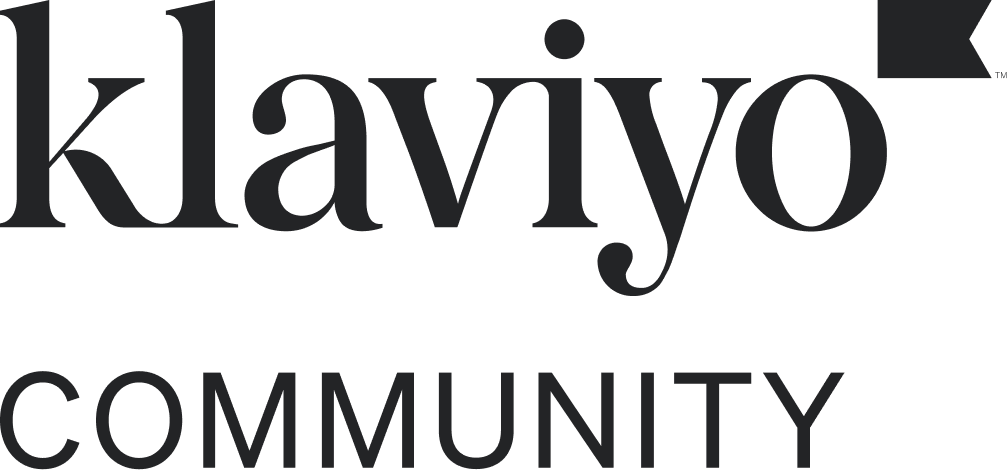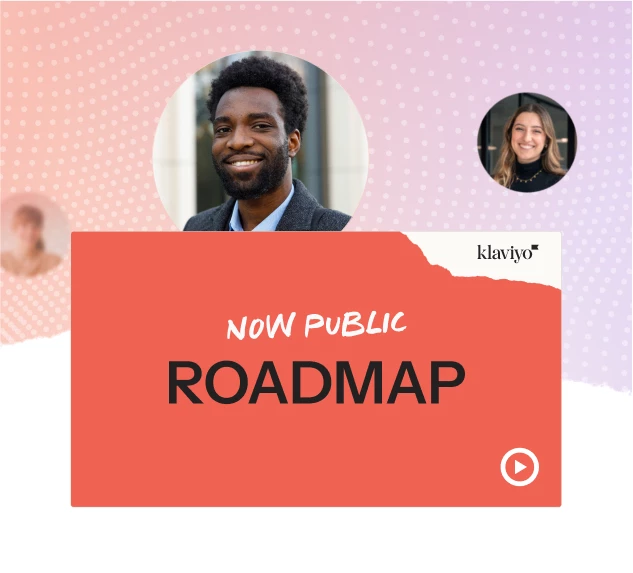Hello @CPKlantenservice,
Was there any particiular reason for connecting both WooCommerce and an alternative custom ecommerce integration with the same Klaviyo account?
Klaviyo only supports one integration of any type within a single Klaviyo account. Klaviyo is not currently optimized to support more than one ecommerce store per Klaviyo instance, so If you have more than one ecommerce store of the same type, we recommend you create a separate Klaviyo account for each store.
If you have more than one store, and each is supported by a different platform, it is technically possible to integrate all stores with the same Klaviyo instance. We highly recommend against this, however, in order to streamline data analysis and prevent confusion amongst metrics with flows and segments. We don't provide a way to separate stores within a single Klaviyo account. This also includes custom integrations with an existing standard integration with a Klaviyo account.
With this setup of having both WooCommerce and a custom integration with Klaviyo, you would not be able to leverage Klaviyo’s API to trigger a WooCommerce Started Checkout event. Whenever you are pushing events through Klaviyo’s API, Klaviyo would recognize these events as custom, as denoted by a gear icon; even if you are using the same name and metric ID as an event shared from a standard ecommerce integration’s (Shopify, BigCommerce, WooCommerce, Magento, etc).
You can also find instructions on how to create this custom Started Checkout metric and further understand how Klaviyo’s API functions ffrom the following articles:
Thanks for sharing your question and being a member of the Klaviyo Community!
David





![[Academy] SMS Strategy Certificate Forum|alt.badge.img](https://uploads-us-west-2.insided.com/klaviyo-en/attachment/2f867798-26d9-45fd-ada7-3e4271dcb460_thumb.png)
![[Academy] Deliverability Certificate Forum|alt.badge.img](https://uploads-us-west-2.insided.com/klaviyo-en/attachment/505f2253-cde5-4365-98fd-9d894328b3e0_thumb.png)
